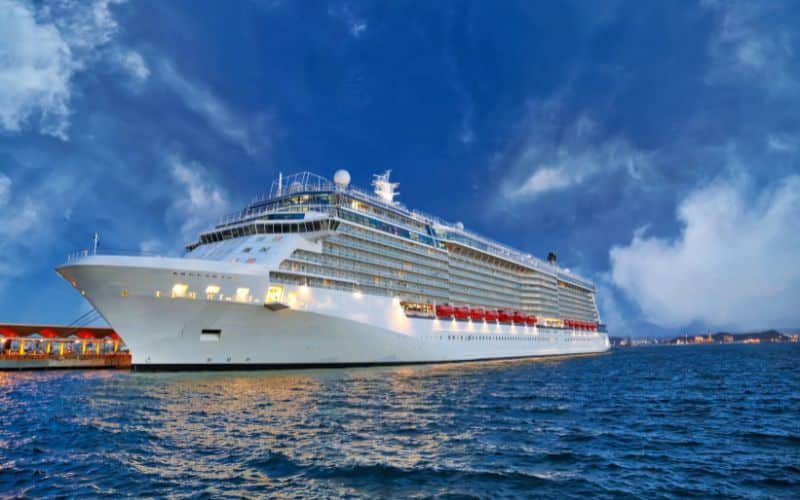Mexico’s New Cruise Ship Fee Sparks Controversy

Mexico City has recently made headlines with a decision that could significantly impact its tourism sector. The Senate has voted to impose a $42 immigration charge on cruise ship passengers for port calls. This move has drawn sharp criticism from various stakeholders in the tourism industry, who argue that it could harm Mexico’s lucrative cruise business. The new law is set to take effect in 2025 and has already passed in the lower house. It is part of a broader bill that also increases airport immigration charges and entry fees for nature reserves.
Impact on Mexico’s Cruise Industry
The cruise industry is a vital part of Mexico’s economy, generating approximately half a billion dollars annually. The National Confederation of Commerce, Service, and Tourism Chambers has expressed deep concern over the new fee. They warn that the $42 charge could make Mexico’s ports less attractive compared to other Caribbean destinations. Octavio de la Torre, the federation’s president, stated that this could lead to a significant decrease in visitors.
Historically, cruise passengers were exempt from immigration fees. Many of them do not disembark during port calls, as they often sleep aboard the ships. However, under the new law, even those who remain on the vessel will be subject to the fee. This change could deter cruise lines from choosing Mexican ports, potentially leading to a decline in tourism revenue.
Cozumel, known as the busiest cruise port in the world, welcomes around four million passengers each year. The new fee could jeopardize this status and push cruise lines to consider other Caribbean ports that do not impose such charges. The Mexican Association of Shipping Agents has voiced strong opposition to the measure, stating that it could make Mexican ports among the most expensive globally, further diminishing their competitiveness.
Government’s Revenue Needs and Future Implications
The ruling Morena party in Mexico is facing significant budget deficits. The government is actively seeking new revenue sources to fund various projects, including railways and oil refineries. Notably, a substantial portion of the funds raised from the new cruise ship fee—two-thirds—will be allocated to the Mexican army rather than improving port facilities. This allocation raises questions about the government’s priorities and its commitment to enhancing the tourism infrastructure.
The decision to impose this fee comes amid a global trend of scrutinizing cruise tourism due to concerns about over-tourism. However, Mexico’s Caribbean coast has long been a popular destination for cruise ships, and the new fee could disrupt this balance. Critics argue that the government should focus on attracting more visitors rather than imposing additional charges that could drive them away.
As the implementation date approaches, stakeholders in the tourism industry will be closely monitoring the situation. The potential fallout from this decision could reshape the landscape of cruise tourism in Mexico, impacting not only the economy but also the experiences of millions of travelers who visit the country each year.
